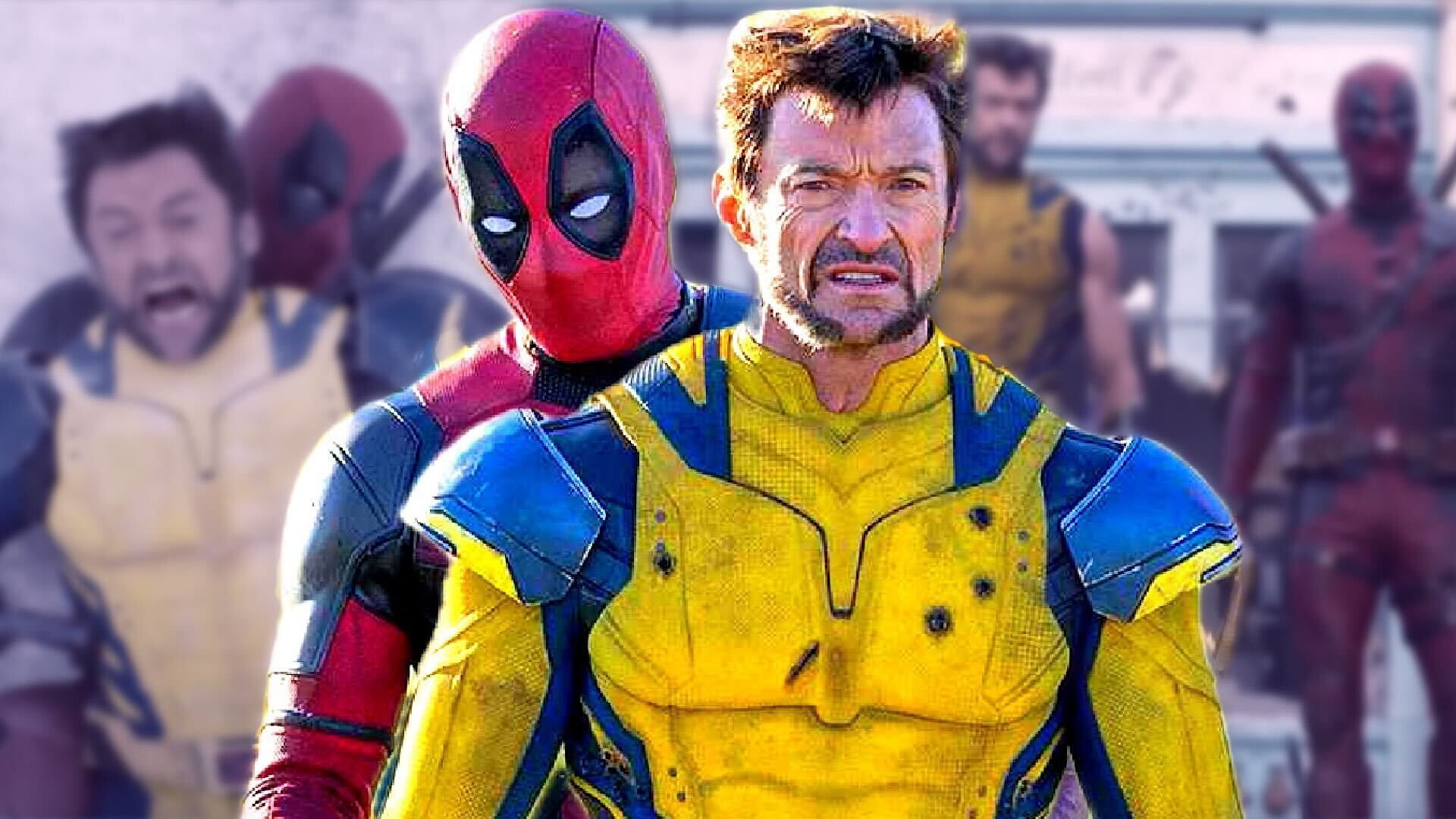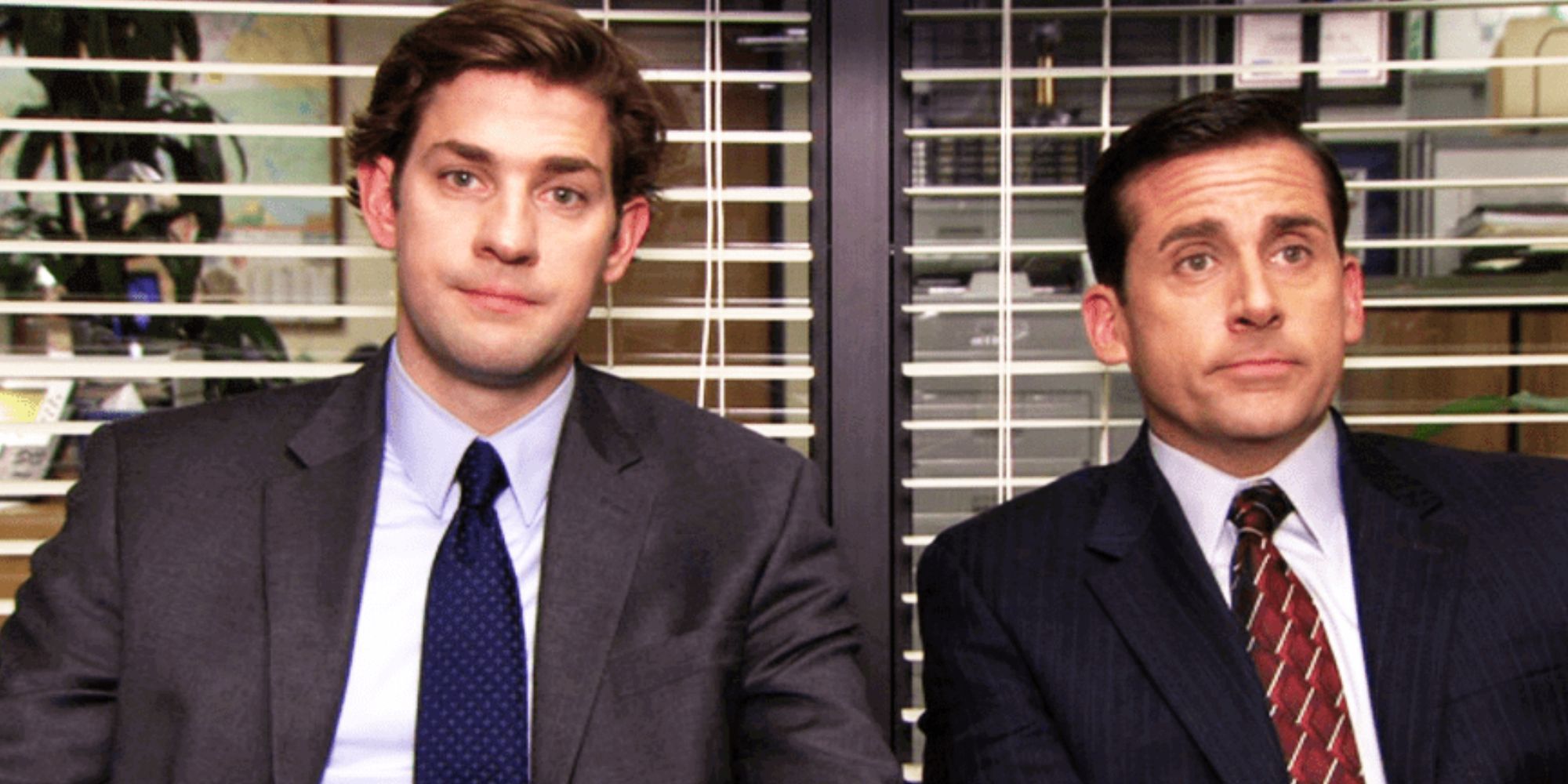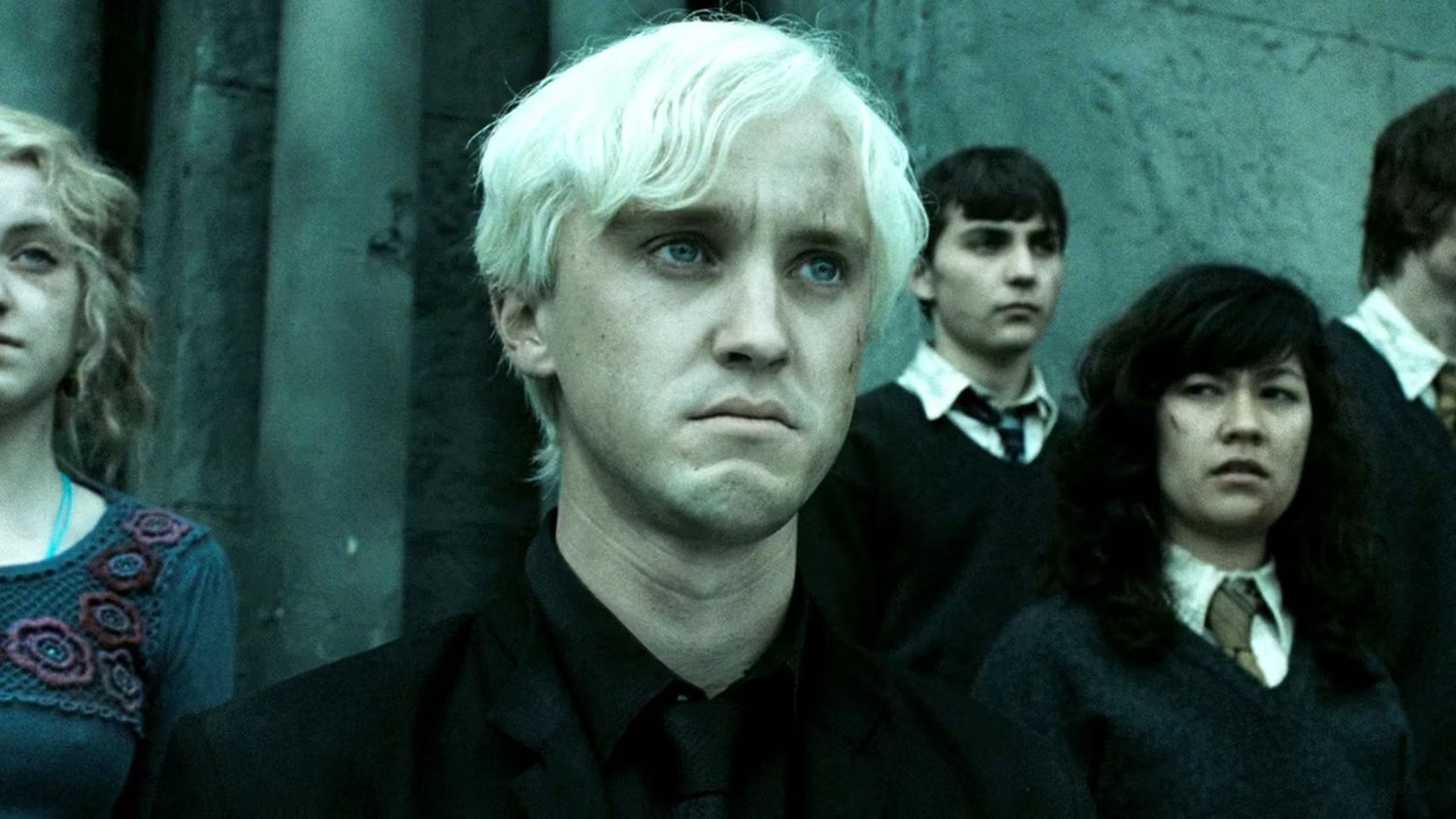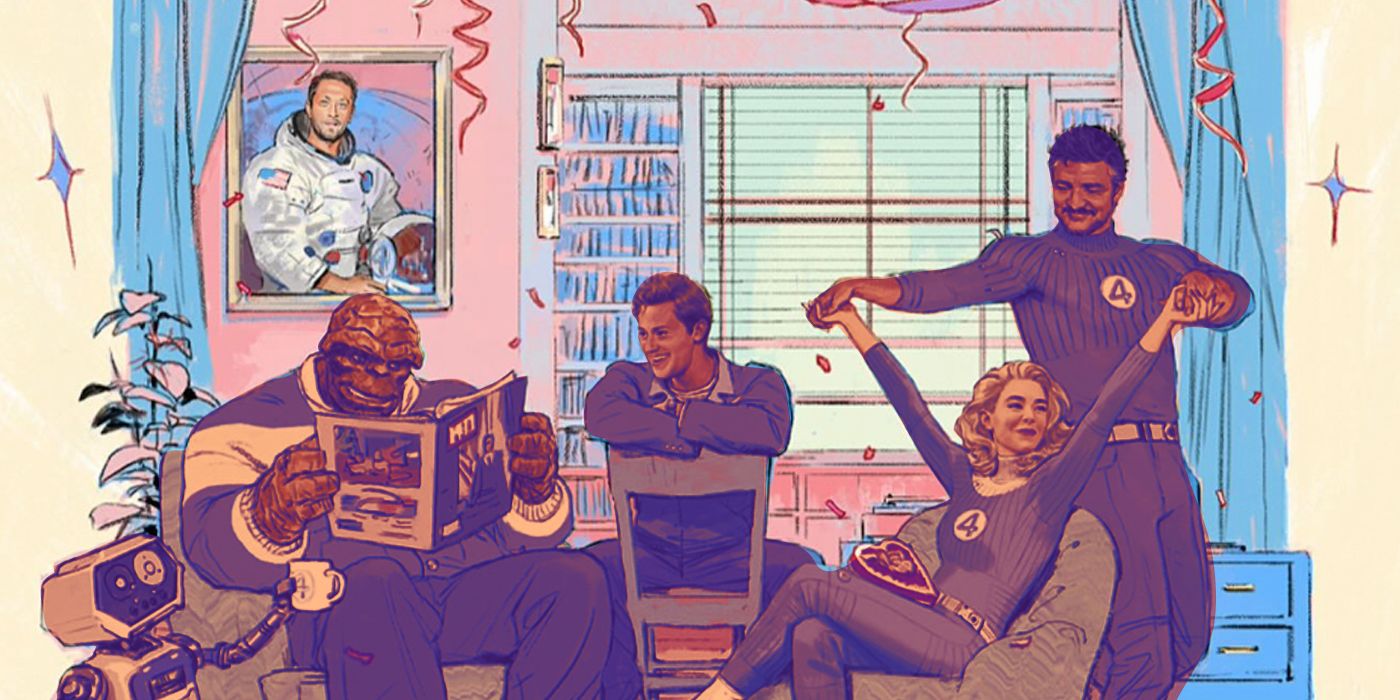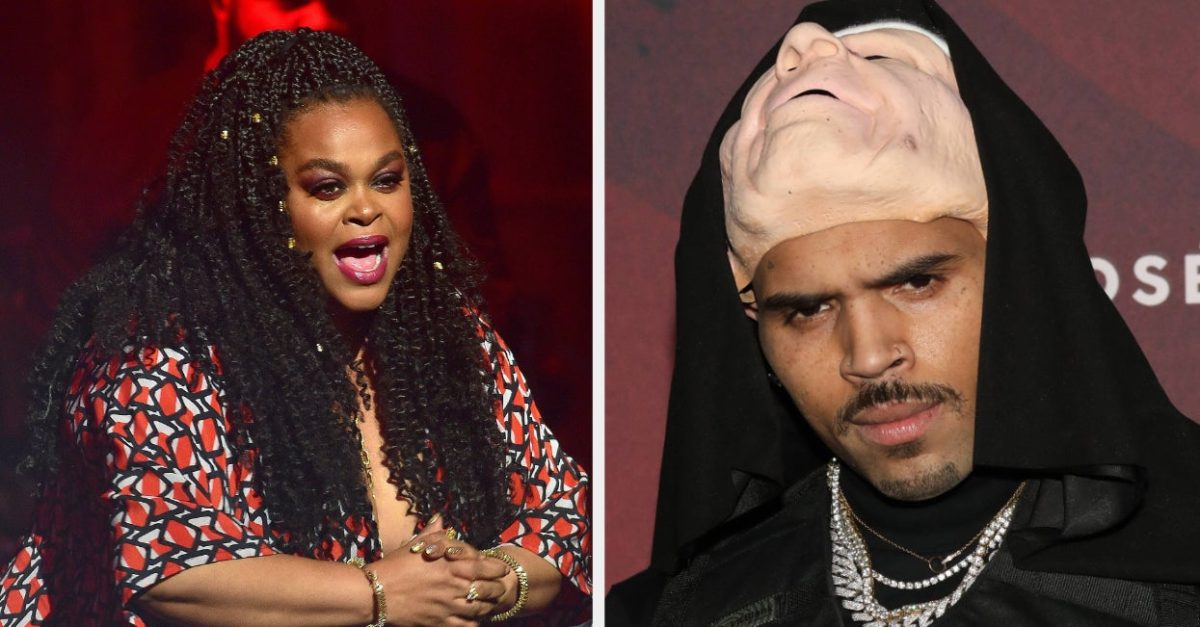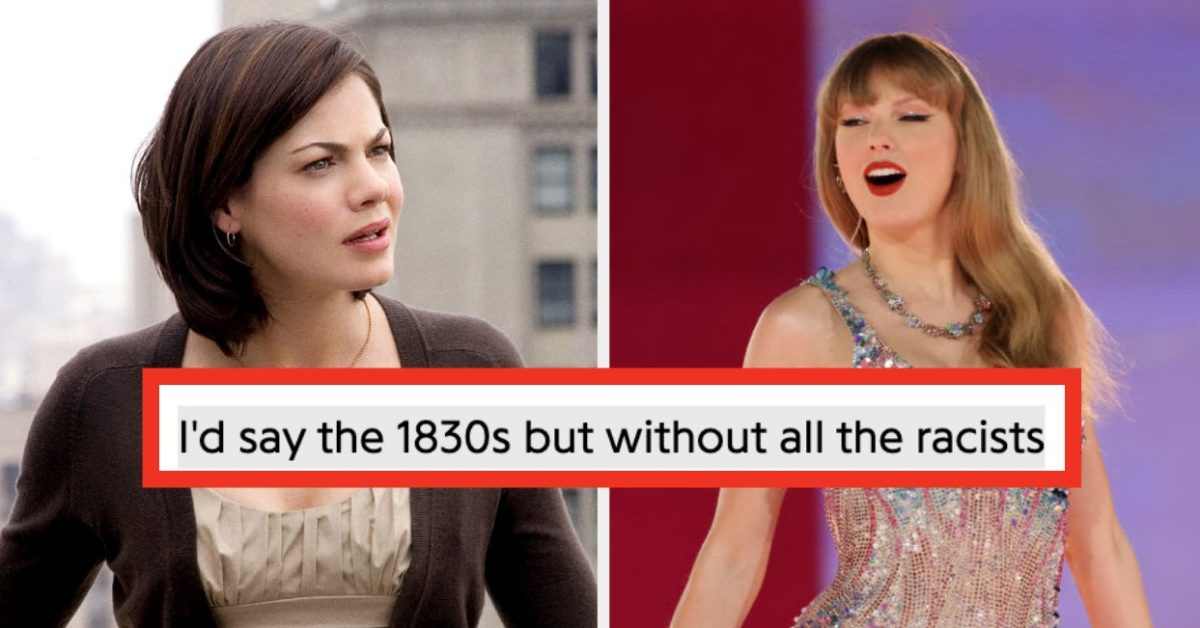
“A Collaboration of Kindred Expression”: Editor Mark Bukdahl on Twice Colonized
Feb 3, 2023
Twice Colonized, courtesy of Sundance Institute
Greenlandic Inuit activist and lawyer Aaju Peter is the subject of Twice Colonized, a documentary by filmmaker Lin Alluna. Through her work, she forces colonizing forces Denmark and Canada to pay for their crimes, while also inspiring Westerners to grapple with the ways that they are also complicit in imperialist injustices. As she’s preparing for an Indigenous forum at the EU, however, her youngest son suddenly dies, bringing forth an extended period of intense grief and an eventual path toward healing.
Editor Mark Bukdahl talks about cutting the film, including his non-cinematic inspirations and how “editing is an exercise in empathy.”
See all responses to our annual Sundance editor interviews here.
Filmmaker: How and why did you wind up being the editor of your film? What were the factors and attributes that led to your being hired for this job?
Bukdahl: Director Lin Alluna and I know each other from our time at the National Film School of Denmark, working together on several productions and forming a collaboration of kindred expression.
Filmmaker: In terms of advancing your film from its earliest assembly to your final cut, what were goals as an editor? What elements of the film did you want to enhance, or preserve, or tease out or totally reshape?
Bukdahl: There are great documentaries that deal with similar themes as Twice Colonized—activism, inequality and colonization, and it’s important that these stories are told widely. But as a film editor my focus was mainly on the emotional story arc of Aaju, one that is both deeply rooted in the effects of colonization and in the universal catalog of human struggle.
Filmmaker: How did you achieve these goals? What types of editing techniques, or processes, or feedback screenings allowed this work to occur?
Bukdahl: While Aaju’s tremendous emotional generosity allowed me to emphasize her inner journey, the film has, due to the nature of the story and the practicalities of her work, many scenes with people talking about politics in offices around the globe. Instead of ignoring them or deeming them too complex, I wanted to present these encounters and the many important voices as the very essence of what Aaju does: the hard work of promoting the rights of Indigenous People while dealing with the trauma of her own past and present, moving freely and bravely, never stopping.
Filmmaker: As an editor, how did you come up in the business, and what influences have affected your work?
Bukdahl: I mainly draw inspiration from people I met working outside the film industry: Kirsten from the assembly line, Rune from the telemarketing office and Mike from the nightclub.
Filmmaker: What editing system did you use, and why?
Bukdahl: Film editing is an exercise in empathy, gut-feeling and structure and any software can help you with that.
Filmmaker: What was the most difficult scene to cut and why? And how did you do it?
Bukdahl: In Twice Colonized, part of the film centers on the tragic passing of Aaju’s youngest son.
My work consists mainly of diving deep into people’s psyche, balancing opposite poles—upholding ethics and molding subjective truth—and hopefully land somewhere in-between complete honesty and humble respect for the character. By allowing us to portray this extremely private time in her life, Aaju shines a light on the critical loss of young people in especially Inuit communities. As she says in the film, this is a crisis and it cannot continue to be neglected.
Filmmaker: Finally, now that the process is over, what new meanings has the film taken on for you? What did you discover in the footage that you might not have seen initially, and how does your final understanding of the film differ from the understanding that you began with?
Bukdahl: From seeing and internalizing the very first to last footage, when making big structural shifts, when adding and deleting storylines, there’s a natural and ever changing perception of the film—but its heart remains the same.
Publisher: Source link
Jill Scott’s Chris Brown Tweet Faces Backlash
*deep sigh* In times like this, I wish Jill would've remembered and practiced her own lyrics, "Maybe we could just be silent." If you or someone you know is in immediate danger as a result of domestic violence, call 911.…
Apr 25, 2024
Skai Jackson Reveals Where She Stands With Her Jessie Costars
After starring as brainy Ren Stevens for three years on Even Stevens, bringing the titular Kim Possible to life, and starring opposite Hilary Duff in the 2002 DCOM Cadet Kelly, Christy Carlson Romano took to Broadway for a 31-week run…
Apr 25, 2024
Taylor Swift Lyrics About 1830s Has People Really Confused
taylor swift: the old world was misogynistic and racist, but people are blinded by aesthetics and nostalgia. in reality i would’ve hated being theretwitter users: she’s racist— who’s afraid of little old elin? (@tsignelin) April 19, 2024 Disclaimer: This story…
Apr 24, 2024
Victoria Beckham’s New Collaboration With Mango Is as Posh as It Gets
We independently selected these deals and products because we love them, and we think you might like them at these prices. E! has affiliate relationships, so we may get a commission if you purchase something through our links. Items are…
Apr 24, 2024
